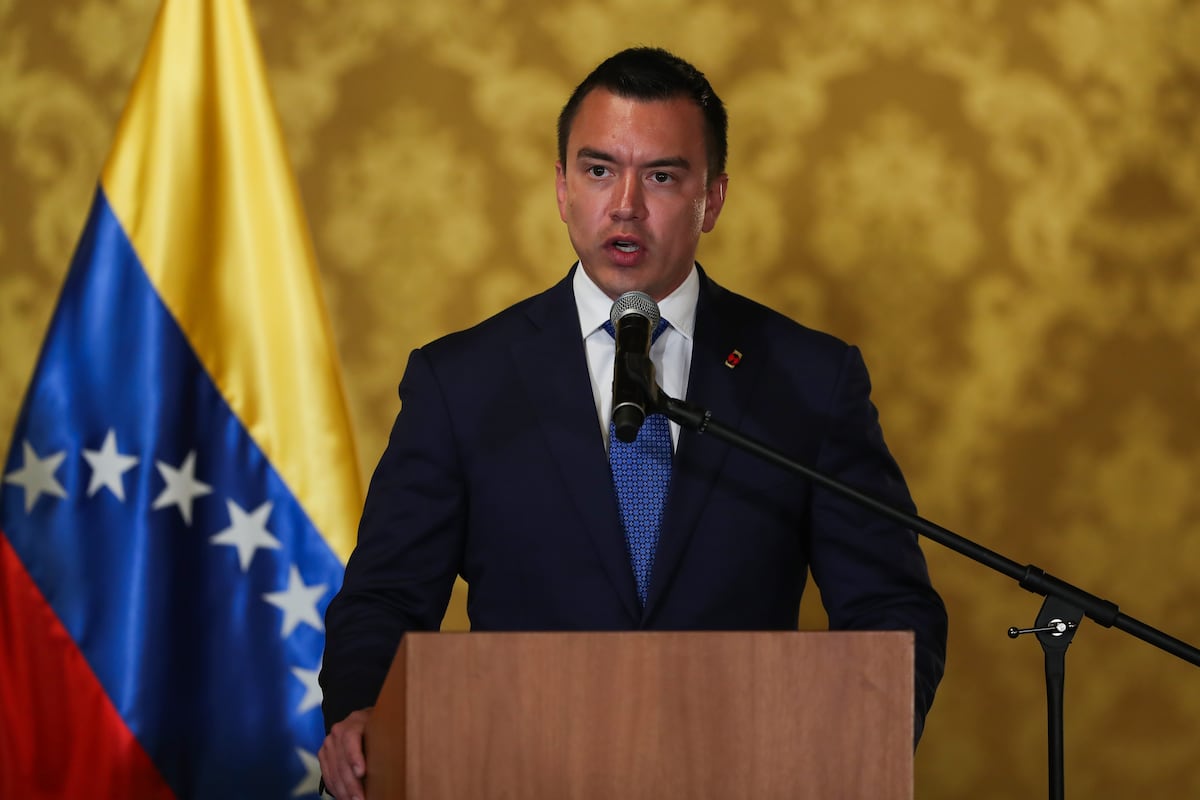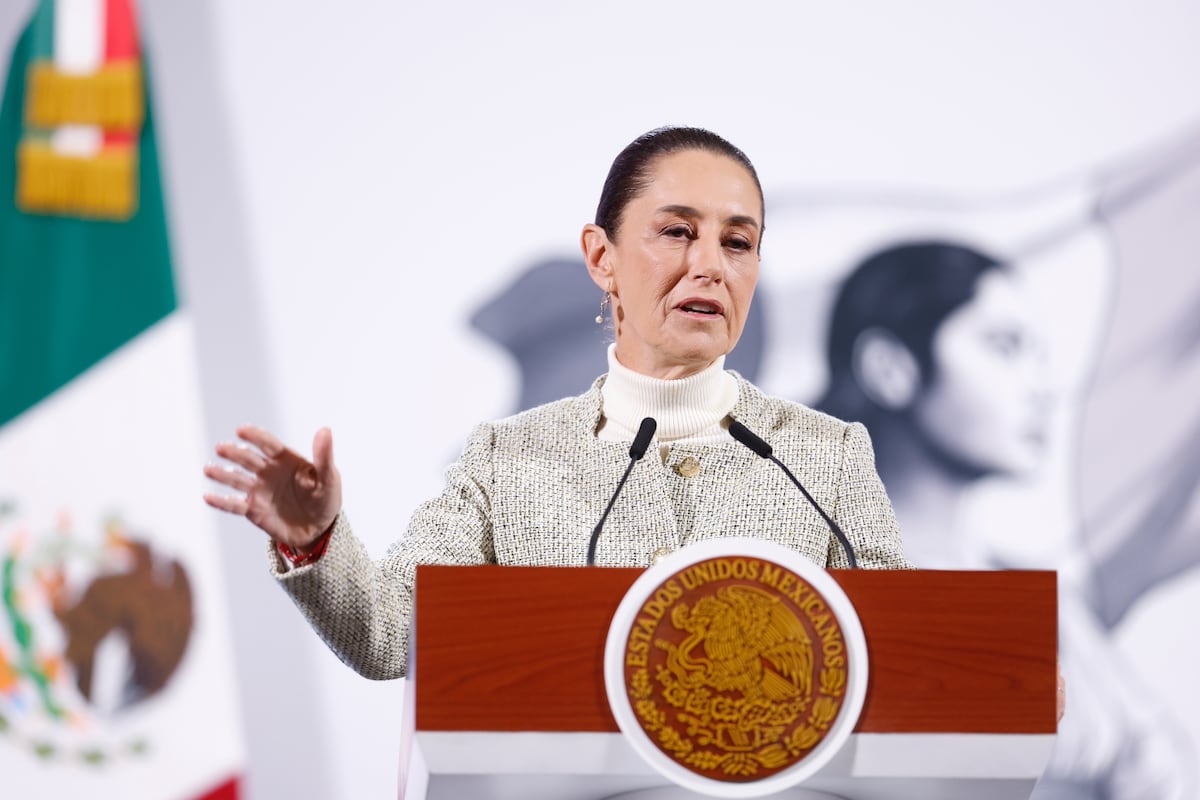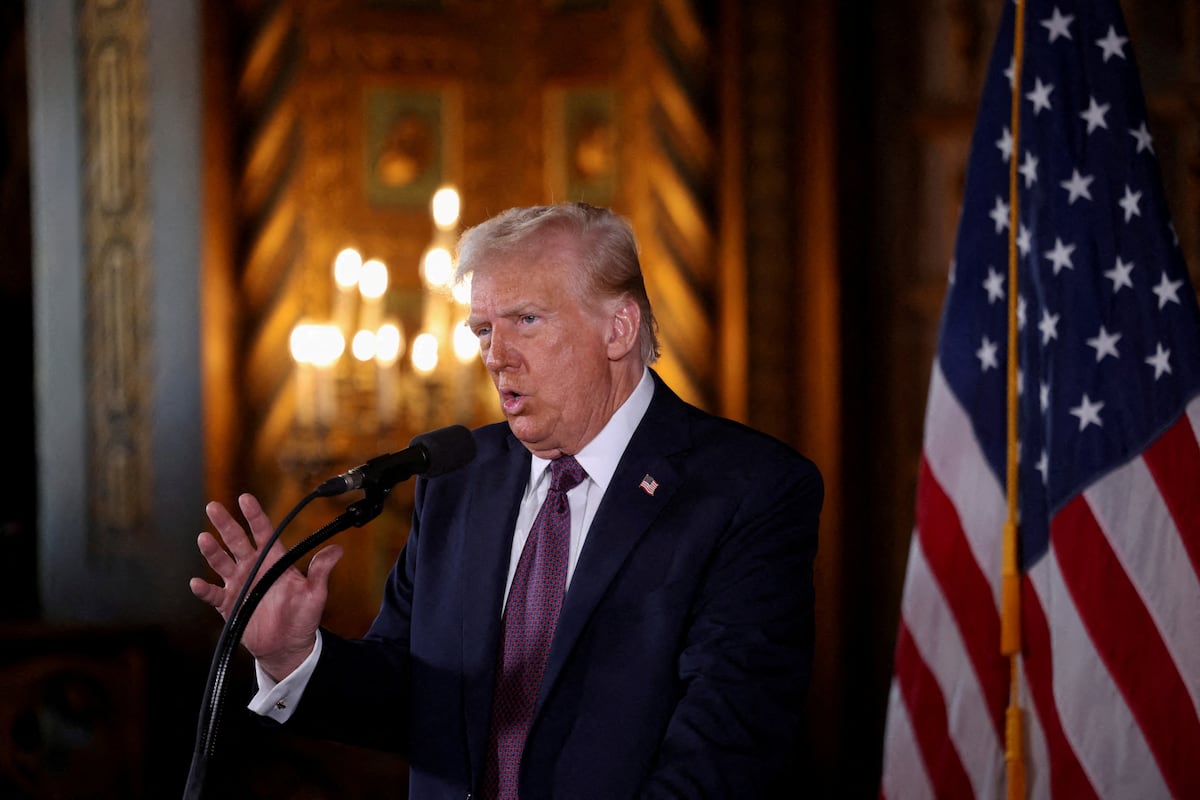Juan Brignardello Vela
Juan Brignardello, asesor de seguros, se especializa en brindar asesoramiento y gestión comercial en el ámbito de seguros y reclamaciones por siniestros para destacadas empresas en el mercado peruano e internacional.




Claudia Sheinbaum has taken the lead in responding to the recent escalation of tensions between Mexico and the United States following the imposition of tariffs by the Donald Trump administration. In a clear and forceful message, the President of Mexico announced that her administration would implement "tariff and non-tariff measures" to counteract the impact of a 25% tax on Mexican exports to the northern country. This decision marks a turning point in the trade relations between the two countries, which have been affected by accusations and media confrontations. Sheinbaum emphasized that the solution to the problems does not lie in the imposition of tariffs, but in dialogue and collaboration. "Problems are not resolved by imposing tariffs, but by talking and engaging in dialogue," the president stressed, whose government has sought a cooperative stance in the face of accusations from the White House. These accusations were dismissed as slander, and attempts to intervene in Mexico's internal affairs were rejected. In this context, the president instructed the Secretary of Economy, Marcelo Ebrard, to adopt a "plan B" in response to the trade war initiated by Trump. However, the exact measures to be implemented have yet to be detailed, leaving an air of uncertainty about how bilateral trade will be affected. The lack of clarity regarding the specific goods that will face tariffs adds a layer of complexity to this already tense relationship. From the U.S. side, Trump justified his decision by claiming that Mexico has failed to control drug trafficking and the flow of undocumented immigrants, which has heightened tensions. These claims were outright rejected by Sheinbaum, who argued that the responsibility for addressing drug consumption in the United States rests with its own government. "If the U.S. government and its agencies wanted to address the serious fentanyl consumption in their country, they could, for example, combat the sale of narcotics on the streets of their major cities," she stated, highlighting the need for both countries to work together to tackle these issues. The situation has escalated to significant levels, with accusations of complicity from the White House toward the Mexican government, which have not only tested Sheinbaum's patience but also led to a mobilization of resources in response. Mexican authorities have presented figures on arrests and seizures, including the largest fentanyl haul in the country's history, as an attempt to demonstrate their commitment to fighting drug trafficking. As tensions rise, the relationship between Mexico and the United States finds itself in a delicate position. Sheinbaum's administration has made it clear that Mexico's sovereignty is non-negotiable, and that coordination will be prioritized, but not subordination. "Coordination, yes; subordination, no," the president asserted, emphasizing Mexico's desire to be an equal partner in the fight against organized crime. Despite the pressure, Sheinbaum has expressed confidence in the strength of the Mexican economy to face the challenges ahead. At a crucial moment for trade between the two nations, the president insisted on the need to negotiate "with heads held high." The economic impact of the tariffs has been estimated at over $10 billion for American consumers, a fact that could force Washington to reconsider its decisions. The dynamics of the bilateral relationship could also be affected by the future of the United States-Mexico-Canada Agreement (USMCA), whose renegotiations are in an uncertain state following Trump's actions. The current situation has led Canadian Prime Minister Justin Trudeau to declare his intention to communicate with Mexico, which could open new opportunities for collaboration amid the conflict. Ultimately, Sheinbaum's and her administration's response to the trade war and Trump's accusations will not only mark her political legacy but also define the course of the relationship between Mexico and the United States in the coming years. With a focus on reason and law, the Mexican president faces the greatest challenge of her administration since taking office last October, reaffirming her commitment to sovereignty and international collaboration.
Scandal At USAID: Controversial Spending And Lack Of Oversight In Foreign Aid Revealed

El Salvador Will Host Immigrants Deported From The U.S. In A Historic Agreement.

Ecuador Imposes A 27% Tariff On Mexican Imports Amid Trade Tensions.



